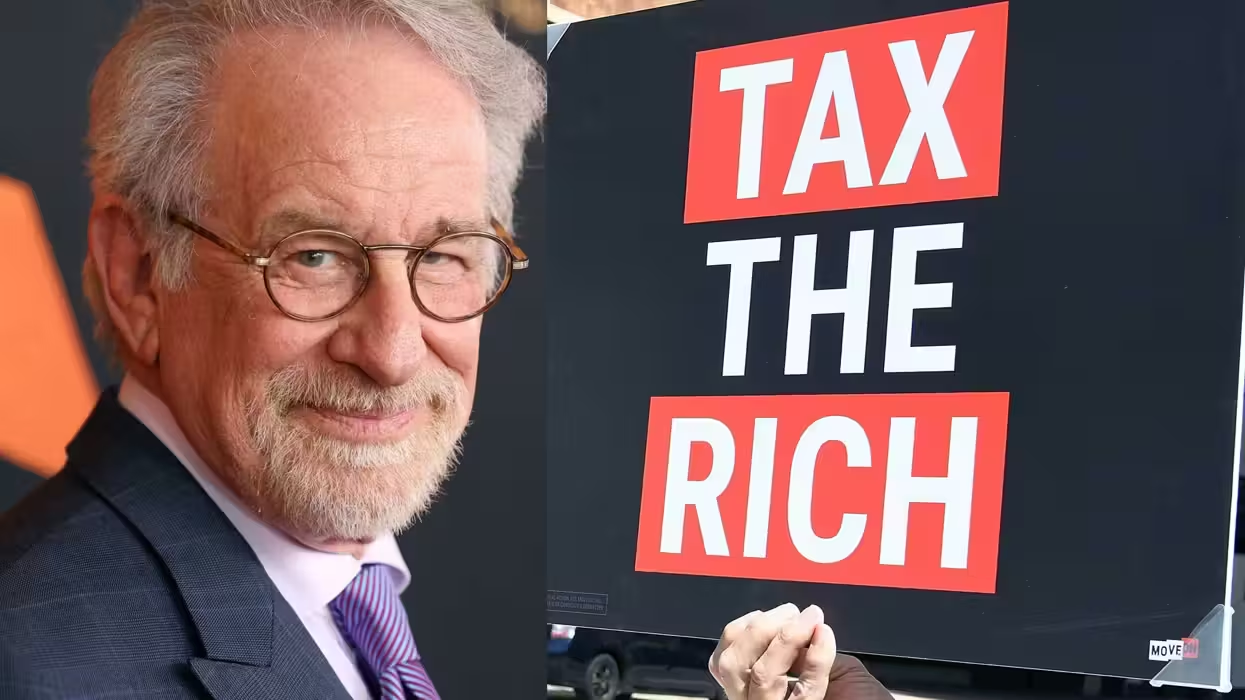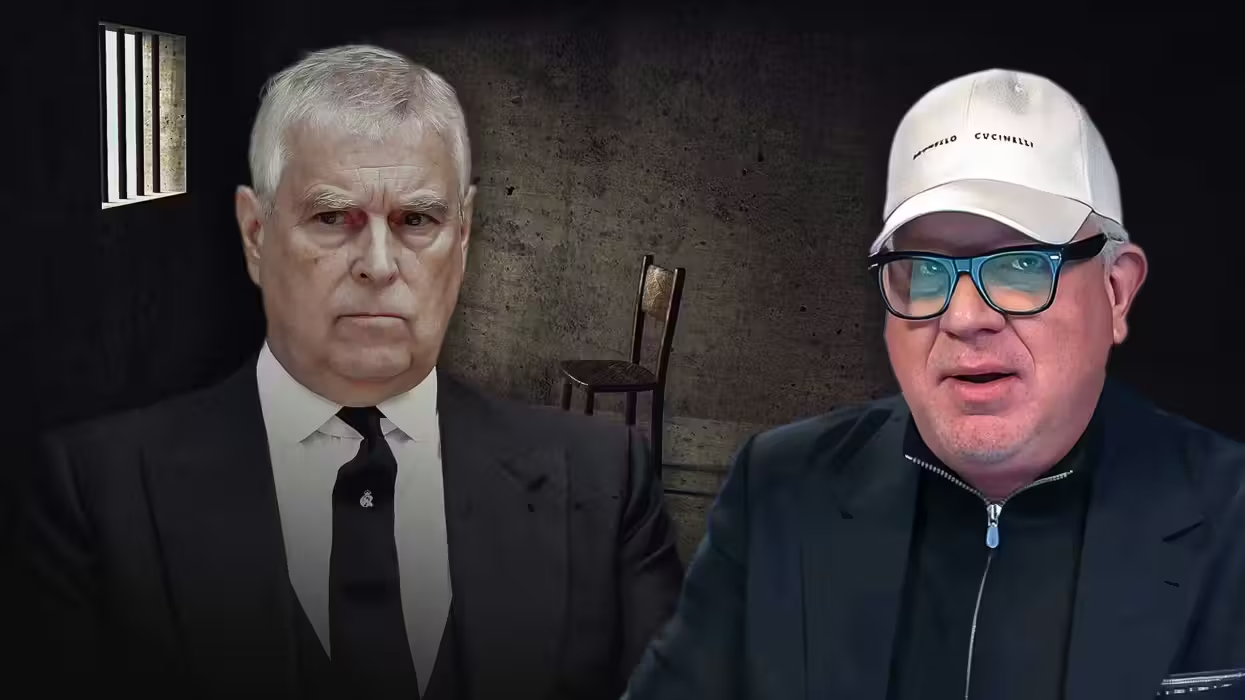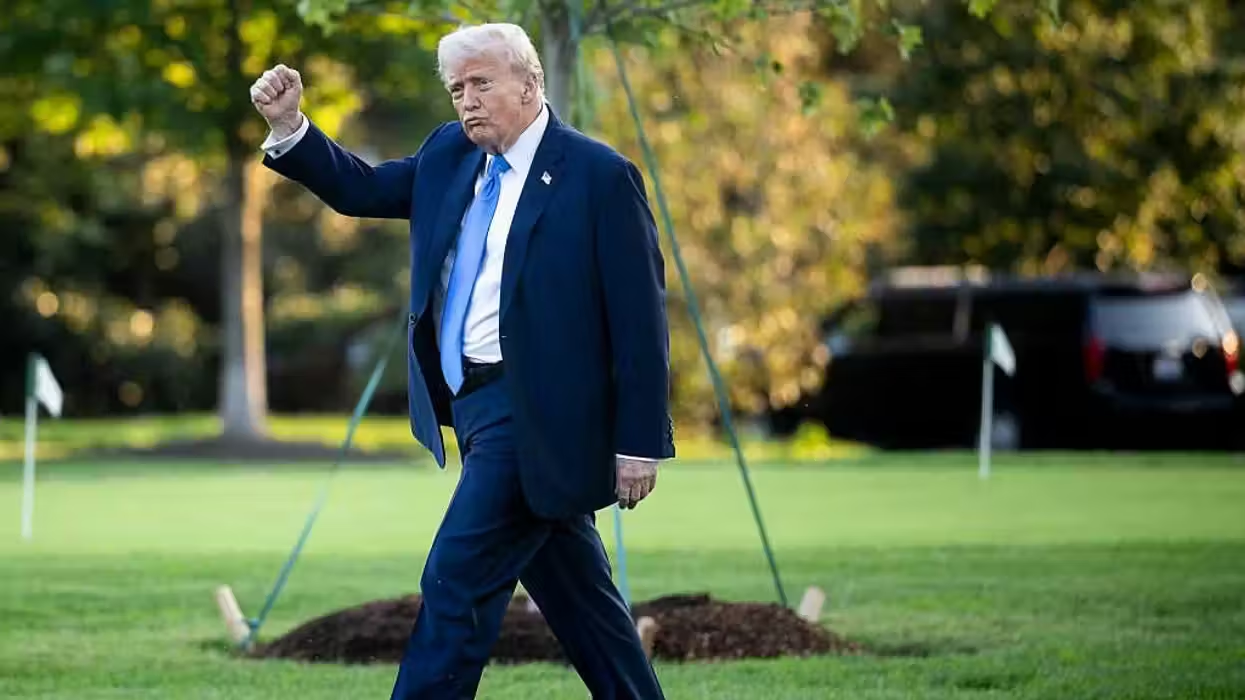© 2026 Blaze Media LLC. All rights reserved.
Analysts: All This Uncontrollable Debt Makes You Wonder About the Future of Democracy
September 28, 2012
" ... some things need to be taken out of democratic processes and put into institutions which are not democratic but may have democratic oversight."
[Editor’s note: the following is a cross post of an article that originally appeared on CNBC.com]:
Contrary to popular belief, bankers and politicians are not to blame for the financial crisis. Rather, it’s systemic flaws in the very nature of democracy that allowed financial imbalances to take root, or so says the authors of "Democrisis" David Roche and Bob McKee.
"Social plateshifts fostered excesses of leverage and a dearth of thrift that brought capitalism to its knees," Roche and McKee write.
McKee blamed politicians, particularly those in democratic economies, for allowing the credit boom to take place. "Politicians did not do anything about it, they fail to control debt from rising in their countries which threatens democracy," he told CNBC.
He argued that democracies have to reconceive themselves to address the core causes of modern-day problems, rather than treating symptoms, such as slow economic growth, joblessness and debt.
"The next five to ten years will be decisive in the extent to which politicians are able to revitalize democracy," McKee said, comparing democracy in its current state to a computer anti-virus program.
The authors examined non-democratic political systems in successful emerging economic powerhouses and found that, although non-democratic political systems can successfully drive economic growth, not all democracies must be replaced by authoritarian regimes.
McKee does not think China will overtake the U.S. as the world’s leading economy without making its regime more democratic.
Paul Donovan, economist at UBS, told CNBC that democracy is necessary because it allows freedom of speech and freedom of expression which encourages innovation, "but some things need to be taken out of democratic processes and put into institutions which are not democratic but may have democratic oversight."
Social unrest is on the rise as economic weakness continues, with protests taking place in Greece and Spain this week. Tens of thousands of people gathered in Athens and Madrid to express discontent over new austerity measures.
Last week hedge fund guru Ray Dalio told CNBC that he does not know if we're beyond the point of being able to successfully manage the global financial crisis. He said he is worried about how another leg down in economic growth would cause social disruptions, and referred to when Hitler came to power in 1933 and the depth of the Great Depression.
"The fact that the Neo-Nazi party is on the rise on Greece does indicate that the connection between the rise of radical elements and depression remains a phenomenon, even in 2012," Dalio said.
"In other, richer countries this doesn't seem to be a trend at all, but it's one reason to recognize that dealing with short-term economic crises (like unemployment) is also a good long-term move."
--
RELATED:
- Housing Alert: Short Sales May Be in Big Trouble
- Forget Gas Prices: Have You Checked Your Water Bill?
- Why Gold Hasn't Hit New Highs Everyone Expected
- Spain's Banks Still Face Hurdles After Stress Tests
© 2012 CNBC.com, Liza Jansen
Want to leave a tip?
We answer to you. Help keep our content free of advertisers and big tech censorship by leaving a tip today.
Want to join the conversation?
Already a subscriber?
more stories
Sign up for the Blaze newsletter
By signing up, you agree to our Privacy Policy and Terms of Use, and agree to receive content that may sometimes include advertisements. You may opt out at any time.
Related Content
© 2026 Blaze Media LLC. All rights reserved.
Get the stories that matter most delivered directly to your inbox.
By signing up, you agree to our Privacy Policy and Terms of Use, and agree to receive content that may sometimes include advertisements. You may opt out at any time.






